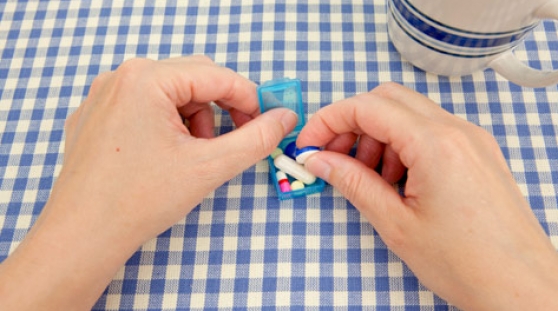Acute Kidney Failure Health Center

Treatment for acute kidney failure varies from treatment for chronic kidney failure, which may come as a result of longtime kidney disease. Treatment for acute kidney failure typically revolves around treatment of the injury which initially caused the condition.
In terms of fluid loss, which may come as a result of kidney trauma, fluid and electrolytes are reintroduced back into the body. If the body is experiencing a reaction to a certain pharmaceutical or other medication, the offending drug is removed. When blockage occurs, doctors and health care professionals remove it.
As you seek treatment, your doctor may recommend a change in diet until your kidneys are fully functional again. This may include a decrease in sodium, protein, potassium and phosphorus ingestion as well as quitting smoking. If the initial kidney injury resulted in a large amount of blood loss, your doctor may prescribe pharmaceuticals or injections to bring up the iron levels in your bloodstream.
Based upon the severity of your condition, your doctor may recommend hemodialysis, a treatment that uses a machine to circulate blood through a filter outside of the body. This procedure essentially cleans the individual's blood of wastes. During treatment, the blood travels through tubes into the dialyzer which then filters out wastes such as extra salt and extra water. The cleaned blood flows through another set of tubes back into the body. Hemodialysis is usually performed at a dialysis center three times per week for 3-4 hours.
